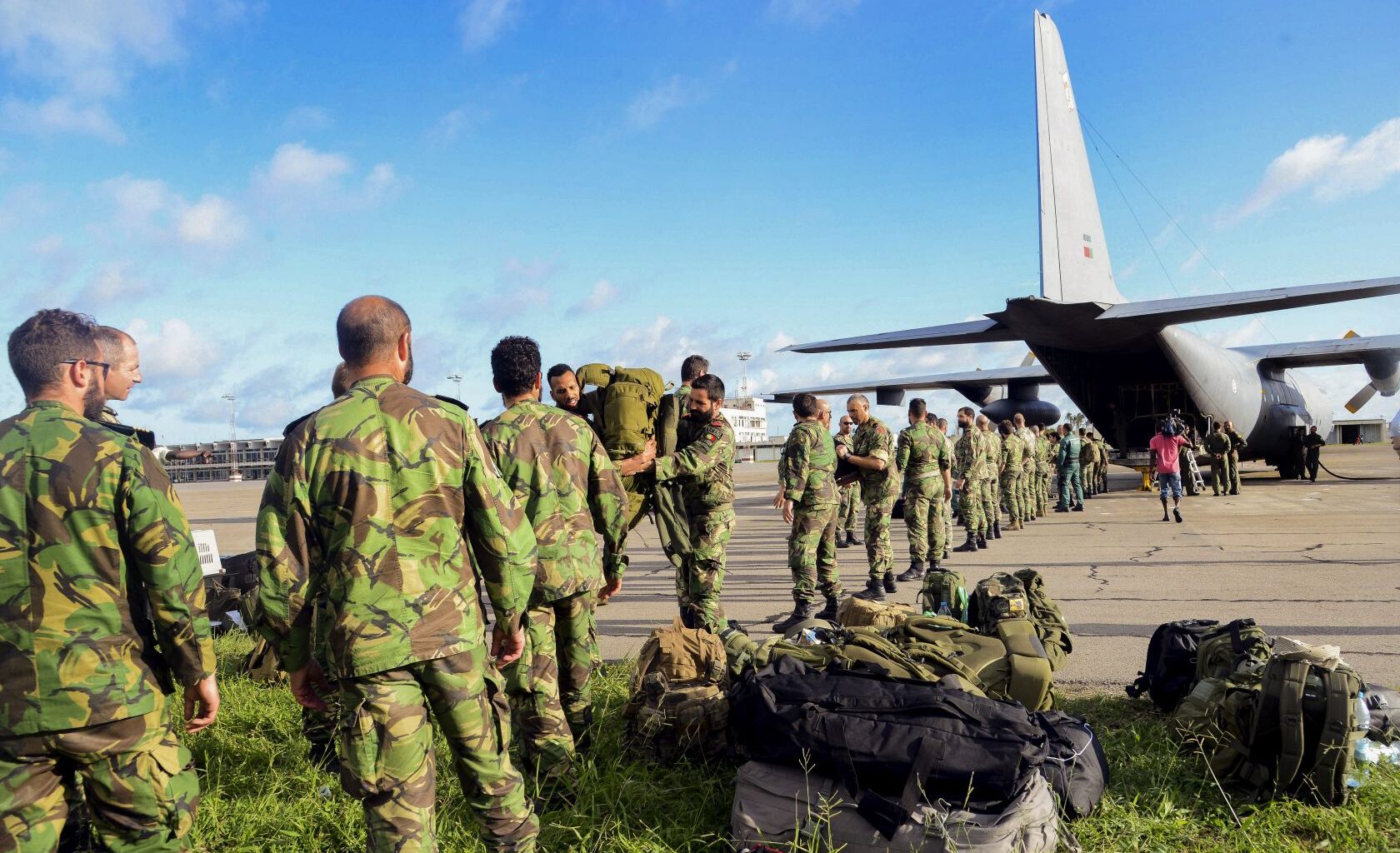“It’s not a concern, we’re investing, and it’s precisely on schedule. Low-altitude, medium-altitude, we’re not investing in Patriot because we don’t have the resources for that. But we are investing in low- and medium-altitude anti-aircraft defence equipment,” he assured.
Nuno Melo explained that this investment is part of the government’s schedule for investing 2% of gross domestic product in defence, which is expected to be brought forward to 2025. He did not elaborate on the timing, size, or the country’s current status in this regard.
The Minister of National Defence said that the government “is investing heavily in equipment for the Armed Forces which hasn’t been done for decades,” noting, in addition to the increased defence budget, the six billion euros in defence loans proposed by the European Commission under the Security Action for Europe (SAFE) program.
“Much of this equipment is related to air defence. The point is, we’re not stopping there. We’re investing in air defence, we’re investing in satellites, ships, and aircraft—we’re investing in all three sectors,” he added.
Nuno Melo also argued that the government’s first investment was in Armed Forces personnel, particularly in salaries, followed by investment “in accordance with the country’s capabilities” in military equipment.
The European Commission has asked EU countries to identify their military shortcomings so that they can strengthen capabilities through “coalitions of member states.” In a document presenting a timeline for the European Union’s (EU) defence readiness, it identifies “nine areas of critical capabilities,” including missiles and air defence.
